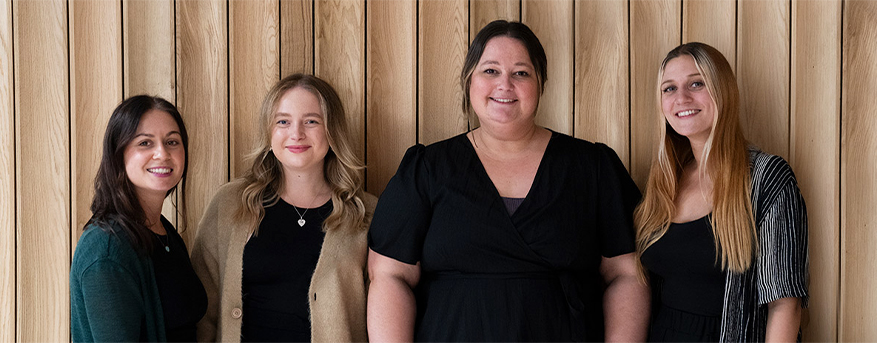Botswana & Zimbabwe guide
Find out more about combining two Southern African countries in a single trip.
Safari combining some of the most diverse areas of Zimbabwe
A lodge safari through Kruger, Zimbabwe & Botswana
Follow in the paths of one of Africa's most iconic creatures
Three of Zimbabwe's natural highlights in one trip
Self-drive adventure through Namibia + Chobe and Vic Falls
Classic Journey lodge safari through Namibia & Botswana
Call us for a chat about our holidays. We are happy to discuss your holiday and help in any way we can. No bots, queues or awful hold music.



